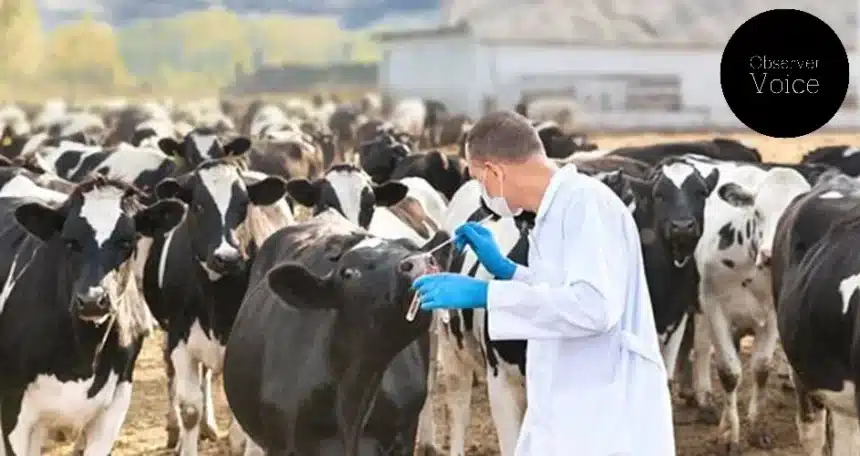6 July is observed as World Zoonoses Day. It is observed to commemorate the work of French biologist Louis Pasteur on the same day in the year 1885. Zoonoses are diseases transmitted from animals to humans. Also, aims to emphasize and bring problem awareness amongst people and teach them to take the right action. The first vaccination against a zoonotic disease was administered by Louis Pasteur on 6 July 1885. Zoonosis is an infectious disease caused by a pathogen that originated in animals but jumped to humans directly or through an intermediary species.
What Are Zoonoses?
Zonosis is an infection that is naturally transmissible from vertebrates to humans. The germs that animals carry can often spread to people, causing illnesses called zoonoses. Viruses, bacteria, parasites, and fungi can cause zoonotic diseases. Pathogens can cause mild to serious illness in people and animals, and sometimes even death.
Zoonoses make up a large percentage of new and existing diseases in humans, with over 200 types known. The rabies virus is a zoonotic disease that can be 100% prevented with vaccinations. Zoonotic pathogens can spread to humans through direct contact or through food, water or the environment, and are a major public health problem.
Theme of World Zoonoses Day 2022
6 July is observed as World Zoonoses Day. It is observed to commemorate the work of French biologist Louis Pasteur on the same day in the year 1885. Zoonoses are diseases transmitted from animals to humans. The theme of World Zoonoses Day 2022is not announced yet. The theme of World Zoonoses Day 2021 was “Let’s Break the Chain of Zoonotic Transmission“.
Quick facts about Zoonotic disease
A zoonosis is an infectious disease that has jumped from a non-human animal to humans. Zoonotic pathogens may be bacterial, viral or parasitic, or may involve unconventional agents and can spread to humans through direct contact or through food, water or the environment. Here are quick facts:
- Children younger than 5 and adults older than 65 are more, people with weakened immune systems, and pregnant women are more prone to zoonotic diseases;
- Each year, 1 in 6 Americans get sick from eating contaminated food.
- Scientists estimate that more than 6 out of every 10 known infectious diseases in people can be spread from animals, and 3 out of every 4 new or emerging infectious diseases in people come from animals.
- Many germs are spread by not washing hands properly with soap and clean, running water.
- If soap and water are not readily available, use an alcohol-based hand sanitizer that contains at least 60% alcohol is useful.
History of World Zoonoses Day
In 1885, a French biologist named Louis Pasteur created the first vaccine for a zoonotic disease called Rabies. He successfully vaccinated Joseph Meister who was bitten by a dog suffering from rabies. The vaccine prevented the man from getting the infection and saved his life. This invention is considered as the successful achievement in the field of medical science. To celebrate this landmark World Zoonoses Day is observed.

